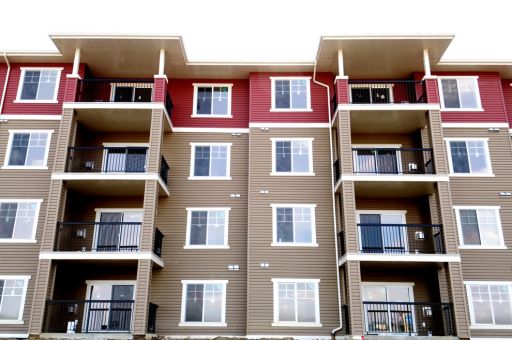The Minister for Housing and the Urban Agenda, Isabel Rodríguez, has ratified her commitment to strengthen the supply of affordable housing with new construction and rehabilitation.
Isabel Rodríguez spoke at the symposium organised by the Cercle d’Economia, in Barcelona, where she announced that, as of July, the Ministry of Housing and the Urban Agenda (MIVAU) will begin work on the next State Housing Plan (PEV), which will replace the one in force for the period 2022-2025. “And we are going to do it with greater rigour in the data, to have a better diagnosis, and incorporating greater citizen participation, which is why I also call on companies and the economic sector,” he explained.
TDB keeps you informed. Follow us on Facebook, Twitter and Instagram
The next State Housing Plan
The next plan “will begin to be worked on next semester, carrying out a diagnostic work on how it has worked because billions of euros are being made available to the autonomous communities and the responses that we are giving in these State Housing Plans need to be well focused”. The intention, added the minister, “is to incorporate greater rigour in the management of data, artificial intelligence and also citizen participation when drawing up this PEV, which will not only be agreed at the Sectorial Conference, but will enter into dialogue in this ‘alliance of the country’ that I propose in order to find the right solutions”.
Joining forces
Isabel Rodríguez also appealed “to the public and private sectors to join forces to achieve the common goal that no one should have to spend more than 30% of their income on rent or mortgage payments”, in addition to “agreeing first with society and then forging political agreements”.
“The housing problem in Spain still has some scars from the past, but we are in a better position because there is political determination, the economy is doing well and there are public resources” to tackle this issue that “has become the centre of concern”, he added.
A cross-cutting problem
“The situation in certain areas of Spain is a social emergency, which is aggravated in particularly stressed areas”, stressed the minister, who added that “the housing problem affects us all, and has become a cross-cutting issue that affects the vast majority of the Spanish population, although it is a problem that is not exclusive to Spain”.
“It is true that those who have the least always suffer the most, but perhaps what has changed is that today, public servants have a problem of access to housing. Those who cure us, take care of us, educate us, are beginning to have problems in overcoming that threshold of 30% of our income that we have to spend to access housing. And therefore, the dimension of the problem is much more cross-cutting, much more of a majority problem, than it was at other times in our recent history”, she said.
The minister pointed out that “we cannot deny that we are still suffering the after-effects of the bursting of the housing bubble a little over a decade ago, which not only devastated an important economic sector as important as real estate, but also had a considerable impact on employment, and its most bitter side, in addition to the destruction of jobs, was evictions”.
Increasing the supply of affordable housing
The minister ratified her commitment to strengthen the supply of affordable housing in our country by building new homes, as well as refurbishing the existing stock. “Our aim is to exceed the 9% public housing stock that exists on average in Europe, with our sights set on reaching 20%.
Isabel Rodríguez also recalled that MIVAU is developing the Affordable Rental Housing Plan, with the initial target of 184,000 homes, through actions directly implemented by the Ministry and also through the entity Sepes, Sareb or the Social Fund for Rental Housing. “We have surpassed our target of 20,000 homes and have already reached 25,000 affordable rental homes within the framework of the Recovery, Transformation and Resilience Plan (PRTR), allocating 1 billion euros. At the moment, these homes are either under agreement, under construction or already delivered”, the minister explained.
As for the other major need, that of improving the existing housing stock through refurbishment, the minister recalled that the government has made almost 4 billion euros available to the autonomous communities for actions ranging from comprehensive refurbishments to other specific ones such as façades, windows, lifts, photovoltaic energy or heating, covering housing, buildings and neighbourhoods.
